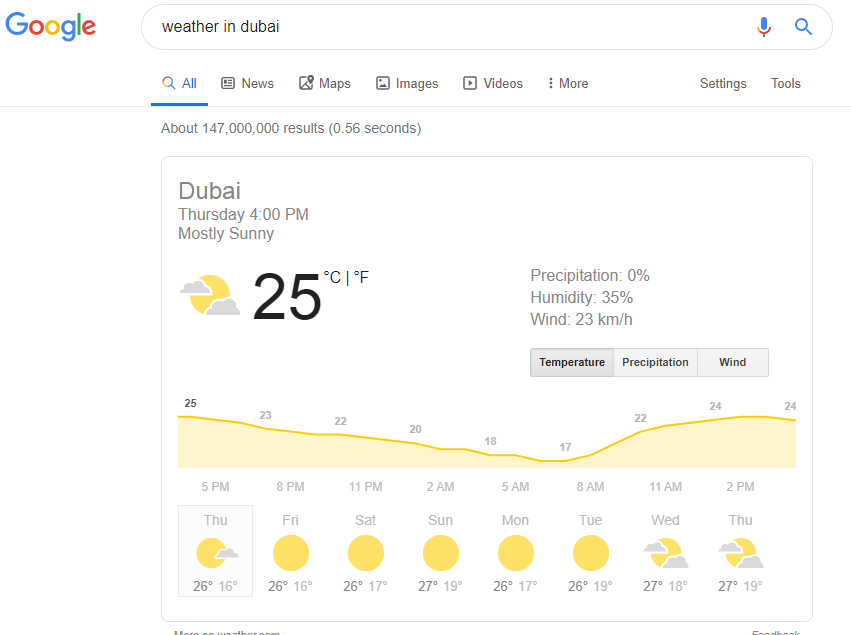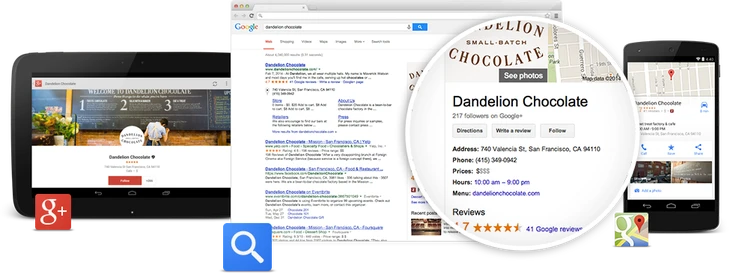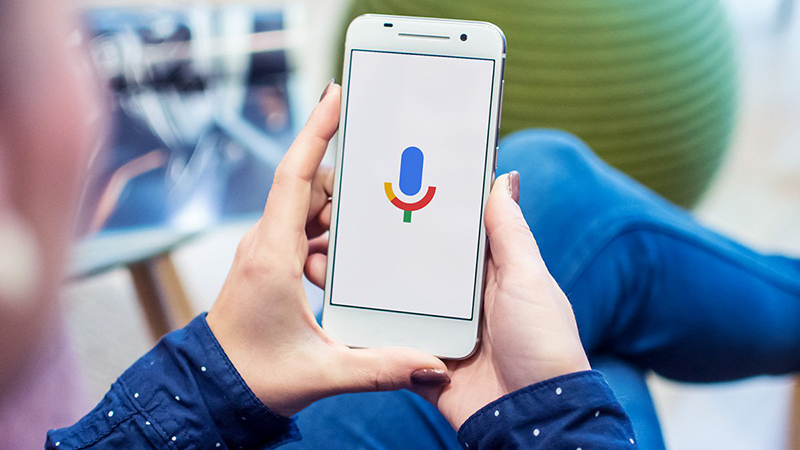SEO Ready for 2020- Preparing For Major SERP Disruptions
December 31, 2019
Article Overview
10min read
Since the dawn of the “age of search engines”, SEO techniques have existed as a means to help websites rise to the top of the search engine results page (SERP). However, over the many years, the SEO landscape has changed so much that if not kept up with the changes, existing websites will go obsolete. Optimizing your website according to Google’s standards can help a business to stay visible and relevant, among other marketing tactics.
But is the story any different from 5 years back?
Let’s put things into perspective. Today, Google holds a 94.15% share of the search engine market and continuously revamps the SERP landscape. This makes the search engine giant enjoy a monopoly over search engine marketing, and thereby, the power to decide what people will search for and see on the internet. So how does SEO techniques help you get the right traffic to your website? And Is it really necessary to stay visible and relevant on the internet in 2020 through SEO? Here are some of our handpicked thoughts on the matter.
Zero-click searches

What is it:
As discussed in one of our previous blogs, Zero-click searches is one of the fundamental changes that Google has introduced in the past 6 to 8 months. Here the SERP results will be dominated by Google snippets. Studies show that more than 56.10% of the total Google Mobile clicks have been on the snippets. As clicking on the snippet doesn’t necessarily mean that the searcher goes to the website.
How does it impact SEO:
Zero-click searches have yet to make a massive change in the way people use and understand them. For instance, one of the biggest advantages for businesses in getting featured in the snippet is getting the right visibility and credibility. People have the notion that the top-ranking links often contain the best and most up to date content, which is mostly true.
Google considers some content to be snippet friendly purely based on its own rules and algorithms. However, it is also a fact that Google ideally features content that is already in the top 10 organic results. This again brings us back to the need for SEO. Although clicks on the featured snippets may not get converted, it surely helps your business to be considered as an expert.
How to implement:
As discussed, one cannot “implement” Google snippets. What we can do is to make the content we produce to be more snippet friendly. Start by asking questions. Questions will help to tailor content that people are actually looking for.
Although keyword density is still an important ranking criteria for SEO, the way they are used has undergone tremendous changes. Today, Google is looking at “contextual” text with long-tailed keywords that convey the right idea. Exact keyword phrases need not be “stuffed” into the content, as this will negatively impact the page ranking in the long run.
While these are critical points for your content, SEO efforts should focus on other activities.
Local SEO

What is it:
With a better understanding of the zero-click searches, it’s time we focused on local SEO for business websites. Most of the zero-click searches bring back local results. In mobile devices, the local results are usually the ones that take up an entire SERP.
How does it impact SEO:
With the rise in mobile internet usage, more than 50 percent of search queries globally now come from mobile devices according to Google. When people search for quick and local queries through their mobile devices, it has become inevitable for businesses not to invest in local SEO, which will help them stay visible and relevant on top of the SERP.
As a direct result of the growth of local SEO, most bigger and established brands have locally registered websites, created and maintained solely for being relevant in the region’s market. For instance, global makeup brand Sephora has a website with a UAE domain, which helps the brand to come up on search results and compete with local brands and shopping websites when people search for makeup products.
How to implement it:
To optimize your page for local SEO, create content that has keywords such as “near me” or include the address and company phone number on the website. You can also create a Google My Business page for your company, on which you make regular posts and get reviews. Further, ensure that your business has a solid backlink profile, where your website is listed in local directories. The important point to remember here is that local SEO doesn’t just need to have any backlines, but the ones that are locally authoritative as considered by Google. Keep in track of your local ranking and performance and regularly work on your website for the same.
Voice Search Optimization

What is it:
Increasing usage of voice searches on mobile devices have made it necessary for businesses to optimize their website for voice search. What differentiates voice searches from normal searches is how it is made. Rather than a search command, voice searches will mostly come as conversational and questions. Knowing the right way to optimize a website for voice search and easily generate more organic traffic.
How does it impact:
This is a change that is imminent by the year 2020. Studies show that 50% of internet searches will start getting initiated through voice. SEO specialists are now keenly studying the long term impact voice searches. From the present situation, it is evident that voice searches are picking up pace, as people and the search engine are continuously evolving to accommodate the changes.
How to implement:
As voice searches are closer to natural language, questions are a common form of search query. Similar to how we optimize for making content snippet friendly, here also the idea is to answer these questions precisely. Subsequently, other search terms have also become conversational.
User Experience

What does it mean:
In simple words, user experience is determined by the ease with which users can find your website relevant to their needs. So in short, it is not just about the content, but also parameters like page load speed and website UI among other things. Users will only stay on a website if all these factors come together.
How does it impact:
If a website has a complex UI, the page load speed automatically reduces. Research shows that if a page doesn’t load in seconds, a user will end up leaving the page, making it one of the most important factors in SEO.
Another deciding factor is the navigation experience. A website’s navigation should be logical and easy to understand. People shouldn’t get lost on a website with too many links and internal pages. Unfamiliar words and badly written content can also cause people to leave a website faster. Bad user experience will increase a webpage’s bounce rate, which will negatively impact its search rankings.
How to implement it:
For great user experience, a website should have a clean, simple and efficient design with familiar navigation tabs. The website should also have clear, precise writing, and avoiding jargons that may be unfamiliar to the audience.
The page speed must be optimized by ensuring that the different elements on a page like images files and texts are of the right size and can load easily on opening a website. For brownie points on user experience, ensure that your website is mobile optimized as well and can be easily viewed in a handheld device.
Final words
SEO is not a one-time thing task that helps your website rank on top of the SERP. It is a never-ending process that is very important for businesses, irrespective of the industry. From optimizing content for users and search engines to improving website user experience through better website development and maintenance, SEO is a collection of on-page, off-page and technical activities.
As the search engine that enjoys a monopoly in the market, Google regularly evolves bringing in new and better means to serve the end-user. The searcher and the search engine are both learning from each other, understanding behavior and evaluating ways to approach one another. Ultimately, the idea of search engine is to provide the most relevant information the user is looking for in a matter of seconds.
With everything said and done, if your business needs help with optimizing your company’s website speak to one of our SEO experts today.


 +971 52 312 2506
+971 52 312 2506




